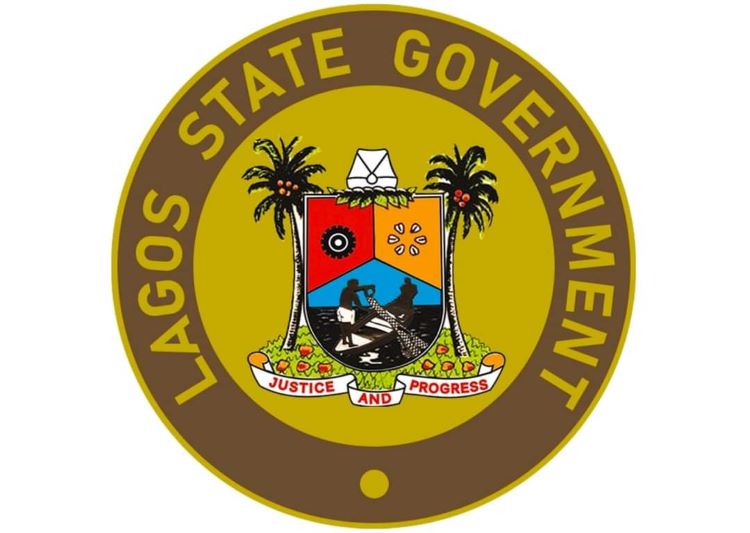Lagos govt. plans 30 years urban development policy blueprint
 The Lagos State Government says its 30 years Urban Development Policy will bequeath a blueprint for the management of the built environment sector in the state to ensure orderliness.
The Lagos State Government says its 30 years Urban Development Policy will bequeath a blueprint for the management of the built environment sector in the state to ensure orderliness.
The Commissioner for Physical Planning and Urban Development, Mr Tayo Bamgbose-Martins said this at an agenda-setting workshop for the presentation of the Lagos State Urban Development Policy (LSUDP) 2023-2053 on Tuesday.
Declaring the three-day programme opened, Bamgbose-Martins said when in place, the policy would set agenda for Nigeria and the right tone for the Urban Development of Lagos state.
He also said the urban development policy would complement other notable initiatives of the administration to revamp the physical planning sector and birth a 21st-century Lagos Economy.
The commissioner added that the policy when in place, would set the right tone for the development of Lagos state, taking cognisance of all planning indexes.
“Through this workshop, experts in the various fields are expected to give critical inputs to enrich the final outcome that we all can own.
“The Lagos state urban development policy, when fully in place, will complement other notable initiatives of this administration to revamp the physical planning sector in Lagos state and birth a 21st Century Lagos economy.
“One of the new initiatives is the Certified Accreditor Programme (CAP) and Structural Integrity Programme, both of which will see to the involvement of private professionals in this sector in regulating the built environment.
“It is my belief that the Lagos State Urban Development Policy and the CAP will reinforce each other and give much-deserved progress in the system.
“It is on this note that I wish to formally declare this Agenda Setting Workshop open toward the presentation of an acceptable and sustainable Lagos state Urban Development Policy,” he said.
The Special Adviser to the Governor on e-GIS and Planning Matters, Dr Olajide Babatunde said the workshop was aimed at providing direction and support to guiding future developments.
Babatunde added that submissions would go through legislative processes to introduce reforms in terms of what the state should look like to achieve a sustainable greater city.
He said the Federal Government since 2012, had been working on the National Urban Policy which the state was trying to domesticate through the current effort.
He said the urban policy would help to determine what to expect from a master plan for effective space distribution and management.
He said that “only 22 memoranda”, received by the Ministry of Physical Planning and Development were not good enough and expressed hope for more submissions.
The Chairman, Technical Committee on the Lagos State Urban Development Policy, Mr Adekunle Salami, a town planner said the workshop would help the ministry and stakeholders co-create a sustainable and creative urban policy.
Salami gave a background of the project, saying the process started in 2021 to tackle some issues bedeviling the state.
He called for collaboration toward achieving the blue print that would give direction for the next 30 years.
Other town planners including Chairman, Lagos State Chapter, Nigerian Institute of Town Planners, Mr Tayo Awomosu said Lagos had the least landmass in the nation yet densely populated.
They called for larger stakeholders involvement because of cultural peculiarity of Nigerians who remained individualistic in land allocations,designs and layouts, resulting in scattered, discordant constructions that were usually not uniformed.
Mr Lookman Oshodi, Project Director, Arctic Infrastructure, contractors on the project said the policy was supposed to have come earlier.
Oshodi said 75 percent of the Lagos city settlement was within the informal setting and only 25 capturing the formal sector, hence the need for inclusiveness in planning.
He added that a simple and realistic policy was important for effectiveness in the process of implementation.
The vision of the Lagos Urban Development Policy was to ensure sound legal foundation, capable institutions and financial instruments to design, build sustainable as well as resilient, participatory and inclusive Lagos.










